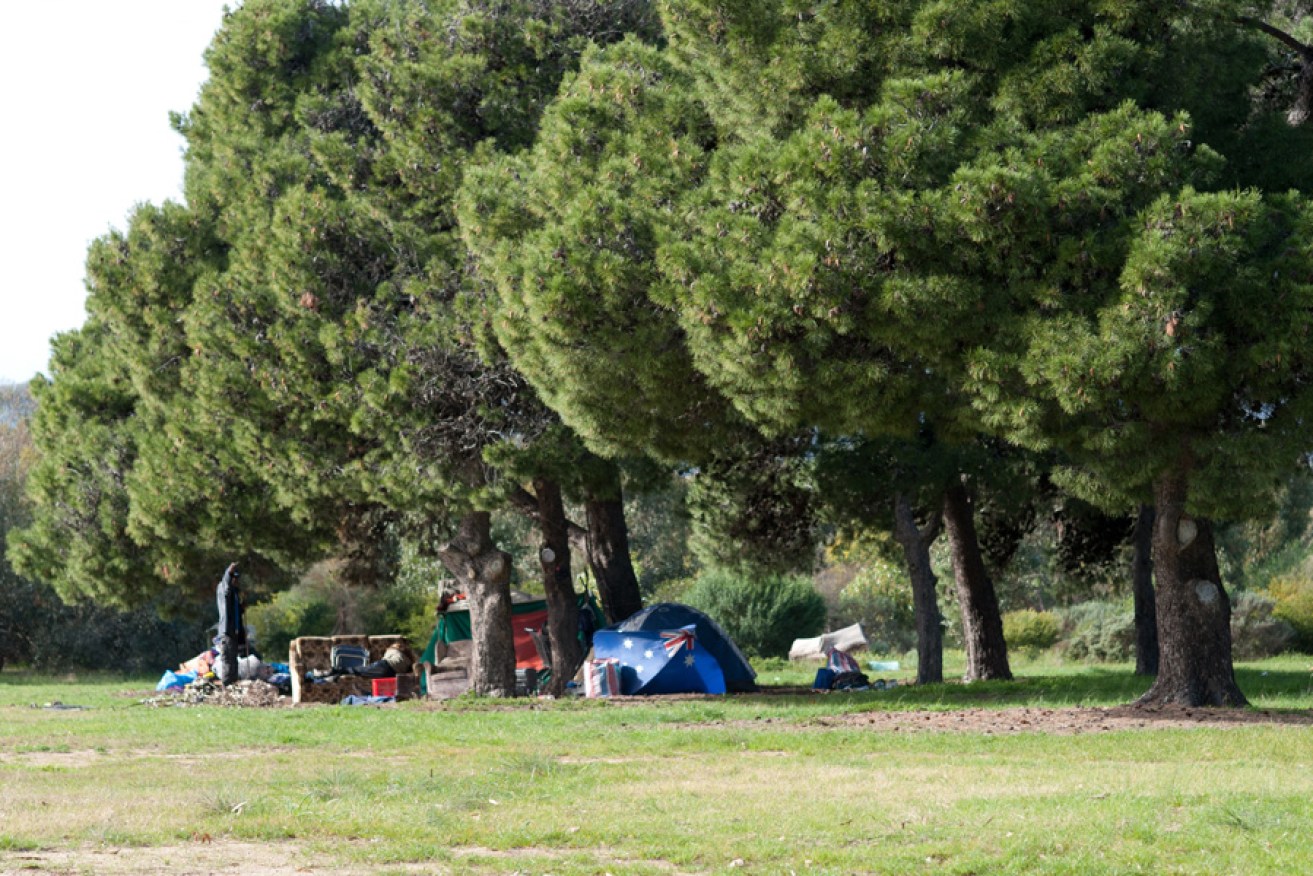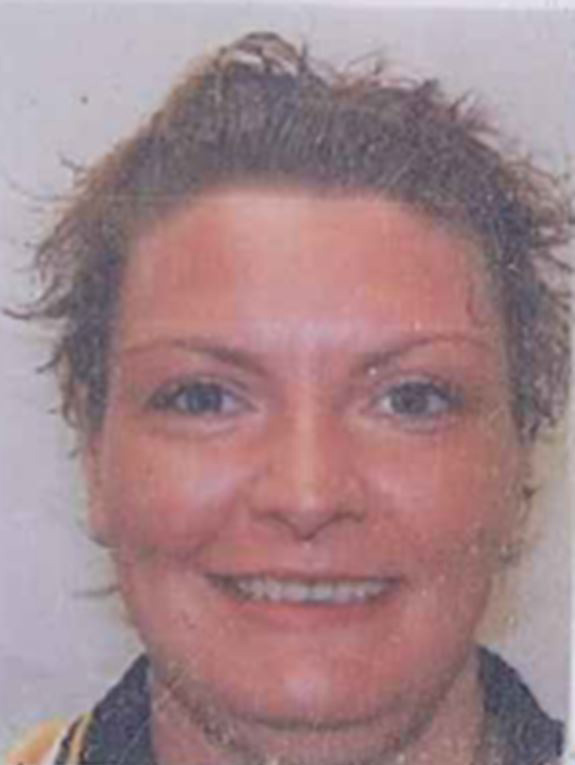Homeless woman ‘evicted from parklands’ before death


A file photo of campers in the parklands.
Social welfare agencies have criticised Adelaide City Council’s policy of evicting rough sleepers from the parklands as claims arise that the woman found dead in a carpark last week had been directed to move from the city’s green belt.
The woman, who SA Police believe to be Rose-Marie Sheehy, 32, was found dead in a storeroom in the underground carpark of Business SA on Greenhill Road last week.
An autopsy of her body is underway and police are treating her death as murder.
A formerly homeless man who was acquainted with Sheehy told InDaily she had been a victim of domestic violence, and that she felt safest sleeping in the parklands because it was an open area, where she was able to move away from any violence.
The man, who InDaily has chosen not to name, said Sheehy was issued with a ‘cease camping’ notice by Adelaide City Council in the weeks before her death.
“She liked sleeping in the park because she felt safe … and then everyone was kicked out,” he said.
“Certain people didn’t want to go, and she was one of them.
“She shouldn’t have been displaced.
“For a little part of her life she felt safe.
“Some people just don’t want to be housed.
“It’s a disgrace.”
Adelaide City Council’s City Safety and Customer Services program manager Sean McNamara said that nine ‘cease camping’ notices had been issued to rough sleepers in the parklands over the past two months.
It is likely more than nine people asked to move on during the period because notices are issued per tent, rather than per person, he said.
However, he said council officers do not ask the names of people served with ‘cease camping’ notices, so it was not known whether Sheehy was among those asked to move on.
An SA Police spokesperson told InDaily that if Sheehy had been served with a ‘cease camping’ notice, investigators had not identified it.
Anglicare CEO Peter Sandeman said forcing rough sleepers away from the parklands means they often have to find less safe places to sleep if they cannot find traditional accommodation.
“If people are forced from the parklands, without longer-term support and without a safe place to go, they have no alternative but to look for other places to sleep,” he said.
“It forces them into the surrounding streets and neighbourhoods.
“These places are, by their nature, much less visible, which makes people more vulnerable.
“We all need to work together to find a longer-term integrated solution that includes a safe place for them to stay until we can assist them into a long-term housing solution.”
A Hutt Street Centre spokesperson told InDaily that “removing people from the parklands may contribute to them staying somewhere that is even less safe”.
“It would be preferable if they had better access to other safer and more long-term housing options.”
However, McNamara said that “the whole premise” of the ‘cease camping’ notices was to help rough sleepers to find temporary and longer-term accommodation.
Once a cease camping notice is given, the occupants of the tent or temporary shelter are given seven days to stop camping before their belongings are confiscated by Adelaide City Council.
During that period, the council works with Housing SA and Street to Home among others to try to place them.
“The premise … is to give people every opportunity,” he said.
“That’s why there’s a seven-day period.
“At the end of the day, the parklands are not a safe, appropriate place to sleep.”
He said there were rare occasions where those issued notices to cease camping do not leave within seven days, but that had not happened this year.
“In these instances council collects their belongings and stores them safely until such time as the owner collects them from council,” he said.
“Council, SAPOL and services are working together to achieve a safer and peaceful environment for the residents and all users of the parklands, provide access to social services for vulnerable people, and promote safe and responsible use of the parklands for everyone.”
Anglicare SA this week recruited former Housing SA director of homelessness strategy Olive Bennell in an attempt to form a better collaboration among homelessness services and with government.
The charity will be meeting with both the State Government and Adelaide City Council next week to discuss the issue.
READ MORE: Homeless “need safe place in parklands”





